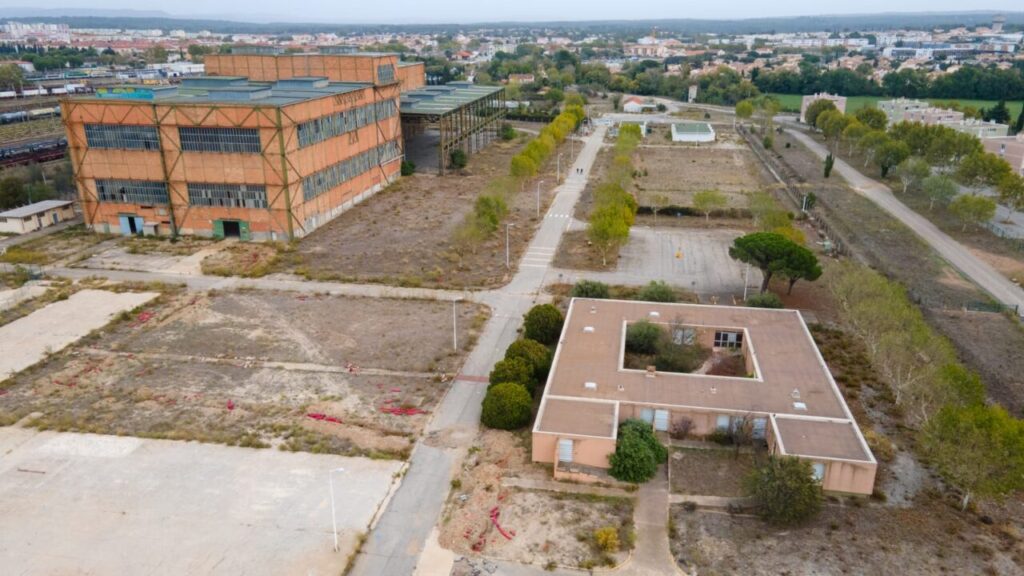
French PV manufacturing startup Carbon has announced plans for its next facility, a research and development (R&D) and training facility in Istres, that it aims to build near the south coast of France.
The facility, dubbed “CARBON Lab”, will receive a €33 million (US$35.5 million) investment into redeveloping and rehabilitating a number of currently unused industrial buildings over a 13.9-hectare area. The facility will be built near its proposed “gigafactory” in Fos-sur-Mer, which the company expects to commission in late 2026.
Try Premium for just $1
- Full premium access for the first month at only $1
- Converts to an annual rate after 30 days unless cancelled
- Cancel anytime during the trial period
Premium Benefits
- Expert industry analysis and interviews
- Digital access to PV Tech Power journal
- Exclusive event discounts
Or get the full Premium subscription right away
Or continue reading this article for free
Carbon plans to hire 200 people at the new facility, and will invest 3% of its annual turnover into R&D, which translates to around €45 million (US$48.4 million), as it looks to invest in both cell and module production, and training and employment initiatives.
These were important topics of conversation at last month’s Intersolar Europe event, held in Munich, where attendees noted both the sorry state of European PV manufacturing capacity, and the fact that the continent will require considerable investment intro training and skills in order to equip the European workforce to produce industrial quantities of solar products.
“Supporting the establishment of the Carbon factory and its Carbon Lab R&D and training centre means permanently embedding a complete sector focused on solar energy within the metropolitan territory, thus contributing to its energy sovereignty,” said Martine Vassal, president of the Aix-Marseille-Provence Metropolis, the local authority responsible for urban planning and territorial development.
“The Metropolis once again demonstrates its ability to respond concretely and effectively to the needs of businesses, firmly anchoring innovation and job creation in the region. This will provide lasting benefits to the metropolitan population for many years to come.”
Carbon has already made headlines for its ambitious plans to expand the European PV manufacturing sector, aiming to bring online 5GW of cell and 3.5GW of module manufacturing capacity to the European solar sector. This work will benefit from new EU regulations on the sourcing of renewable energy products, which came into force over the weekend in the form of the Net Zero Industries Act (NZIA).
Last year, a company spokesperson told PV Tech Premium that: “We are really willing to help the European R&D ecosystem, to build up an industrial base for them and to really link R&D and industry,” as Carbon looks to help address the imbalance in the global solar manufacturing sector, which China responsible for as much as 85% of the world’s manufacturing capacity.






